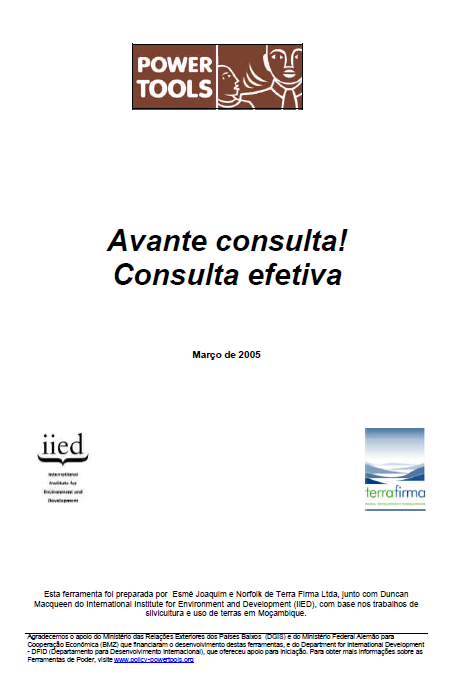Focal point
Location
Mission
Our mission is to build a fairer, more sustainable world, using evidence, action and influence in partnership with others.
Who we are
IIED is one of the world’s most influential international development and environment policy research organisations. Founded in 1971 by economist Barbara Ward, who forged the concept and cause of sustainable development, we work with partners on five continents. We build bridges between policy and practice, rich and poor communities, the government and private sector, and across diverse interest groups. We contribute to many international policy processes and frameworks, including the Intergovernmental Panel on Climate Change, the Millennium Ecosystem Assessment and the UN conventions on climate change and biological diversity.
What we do
IIED carries out research, advice and advocacy work. We carry out action research — generating robust evidence and know-how that is informed by a practical perspective acquired through hands-on research with grassroots partners — and we publish in journals and maintain high research standards. We advise government, business and development agencies, and we argue for changes in public policy. We focus on bottom-up solutions, stay open to flexible, adaptable solutions and are marked by a tradition of challenging conventional wisdom through original thinking.
Resources
Displaying 321 - 325 of 367The new Tragedy of the Commons
Asks how can poor people protect their land rights? Stresses importance of land in the social, economic and political life of Africa and fact that land is contested all over Africa, with women’s rights particularly at risk. Land registration is inaccessible to most. African governments have often muddied the water, with land frequently used to reward political loyalty. The commons are especially important for poorer people, but everywhere are under growing pressure as privatisation and enclosure continue.
Avante consulta! Consulta efectiva
Esta ferramenta tem por objetivo delinear os passos necessários para conceder poderes às comunidades nas consultas locais, visando à identificação das pessoas que têm o direito de manejar os recursos naturais numa determinada área e o modo como tal manejo deve ser efetuado e monitorado.
Land registration in Amhara Region, Ethiopia
Assesses the process to establish a system of land registration and improve land tenure security, and its outcomes for poor and marginalised groups in Amhara, Ethiopia .The registration process is found to be generating conflict at the local level, due to illegal land grabbing, encroachments into common lands and land sales.
Land registration and women’s land rights in Amhara Region, Ethiopia
Assesses the ongoing land registration process in the Amhara Region and its outcomes for women. The paper finds that while land policy and registration procedures aim to guarantee women’s access to land, practice on the ground suggests more needs to be done to support women’s rights in the implementation process.Land registration, initiated in 2003, stipulates that both spouses should be named on the certificate.
Land Registration in Eastern and Western Regions, Ghana
Assesses the process of rural land registration in Ghana and its outcomes for poor and marginalised groups.In Ghana, deeds registration has been in place since colonial times, and enables right holders to record their land transactions. However, very little rural land has actually been affected by this registration process. The research shows a general lack of awareness of the registration process among the majority of cash and food crop farmers. High monetary and transaction costs and a long and cumbersome process also constrain use of deeds registration.






